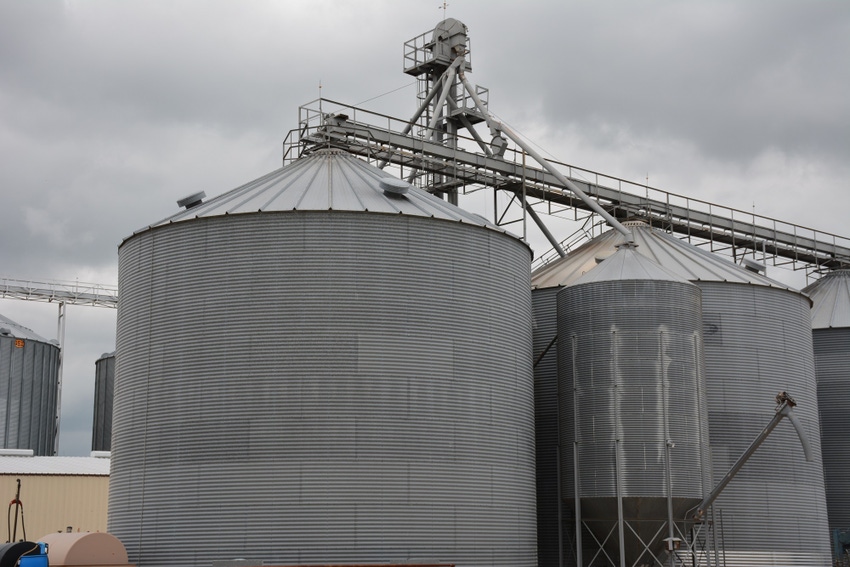February 6, 2017

As the political merry-go-round continues to spin and spotlight a diverse range of topics and concerns of interest to Americans, agricultural producers and policy makers are more focused on the laws, executive orders and trade issues that will map their future in the years ahead.
State-level agriculture officials gathered in the Nation's Capital this week to join the growing voices across the industry concerned with multiple issues farmers and other ag producers will be facing in the years ahead, including the new farm bill, trade policies, and changing regulations that could affect producer's bottom lines.
The National Association of State Departments of Agriculture's (NASDA) annual winter policy conference provided the opportunity for state ag leaders to voice their hopes and concerns for the industry, with an underlying call for unity as they face the daunting task of helping to direct the development of a better piece of farm legislation next year when the existing Farm Bill is scheduled to be replaced by Congress.
NEW MARKETS
International trade issues took top billing. NASDA president and Louisiana Commissioner of Agriculture & Forestry Michael Strain emphasized that securing new markets for producers is critically important considering new administration policies that could damage trade with both China and Mexico.
"American agriculture depends upon the opportunities created by international trade. Securing new market access and ensuring a level playing field in the international marketplace is a priority," Strain said.
State ag leaders said the work on prioritizing trade and other ag-related issues is paramount and timely as Congress begins work on discussing the new farm bill in the weeks and months ahead. While the actual bill may not be debated on the House and Senate floors until late next year, laying the groundwork now can help direct discussions from the beginning.
Another crucial issue is the need for Congress to recognize farmers’ needs to meet the Food Safety Modernization Act (FSMA) standards. Changes brought about by the act will require producers to access low-interest loans to upgrade infrastructure to meet the requirements of the law and to ensure food security.
NUMEROUS NEEDS
State leaders also voiced concerns over diverse issues the ag industry faces including advanced funding for invasive species programs, elevated funding for agriculture research to address plant and animal diseases, and the need for investments in voluntary conservation programs.
Concerning trade challenges, state ag officials point to the successful trade gains the industry has made in recent years and voiced concern that renegotiating the North American Free Trade Agreement (NAFTA) could greatly reduce those gains going forward. In a roundhouse discussion of the issue, NASDA members emphasized the importance of expanding Asian markets as well as making Washington aware of the importance of effective trade with both Mexico and Canada, two major markets for U.S. producers.
Panel discussions continued throughout the annual conference dealing with specific areas of interest. The panel addressed concerns of the U.S. dairy industry over recent actions taken by Canada that bring into question compliance with international trade obligations as mandated by both the World Trade Organization and NAFTA.
During an agriculture policy panel, members discussed a host of issues including NAFTA and expanded access to Asian markets and the importance they carry for U.S. producers. The panel included representatives from the International Food Policy Research Institute, the Corn Refiners Association and George Washington University, among others.
The NASDA Animal Agriculture Committee panel expressed the need for further research and policy development and also called for action related to the establishment of a foot and mouth disease vaccine bank, indemnification for national animal health programs and an enhanced National Animal Health Laboratory Network.
NASDA represents the elected and appointed commissioners, secretaries and directors of the departments of agriculture in all 50 states and four U.S. territories. The annual Winter Policy Conference is one of two NASDA annual meetings.
You May Also Like




